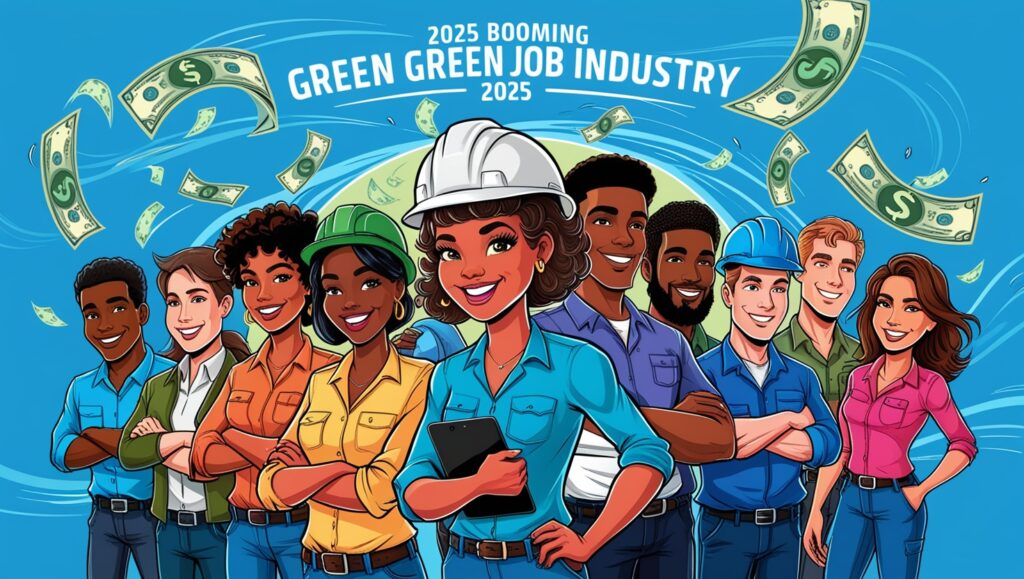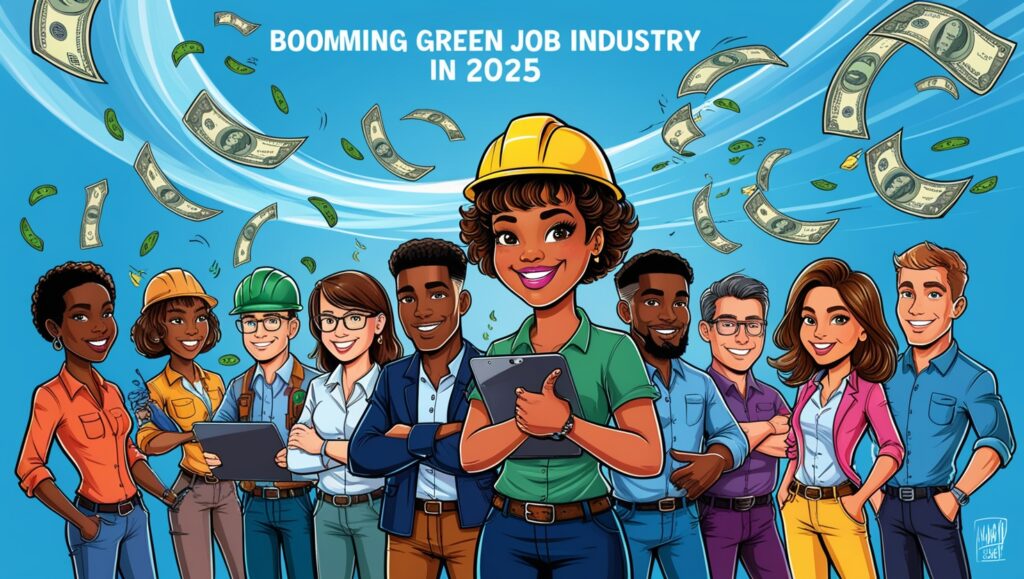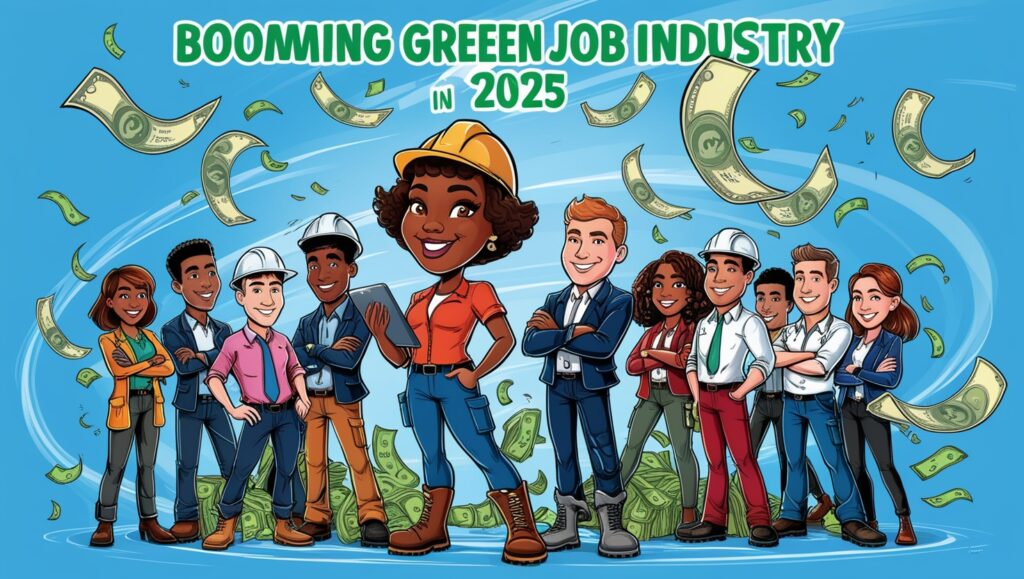How Green Jobs Are Shaping the Workforce in 2025

As the world confronts the urgent challenges of climate change and environmental degradation, the shift towards a sustainable economy has created a surge in demand for green jobs. These roles not only contribute to environmental conservation but also redefine industries, opening new career opportunities and transforming the global workforce. This article explores the growing impact of green jobs in 2025, the sectors driving this shift, and the skills needed to thrive in a green economy.
The Rise of Green Jobs
Green jobs encompass roles that contribute to preserving or restoring the environment. These positions span various industries and include renewable energy engineers, sustainability consultants, and conservation scientists, among others. The push for green jobs is fueled by international climate agreements, government policies, and increased public awareness of environmental issues.
Key Factors Driving the Growth of Green Jobs:
- Global Climate Goals: Initiatives like the Paris Agreement have set ambitious targets for reducing carbon emissions.
- Renewable Energy Boom: The transition from fossil fuels to renewable energy sources has created a demand for skilled workers in wind, solar, and hydroelectric sectors.
- Sustainable Development: Governments and businesses are investing in sustainable infrastructure, waste management, and green urban planning.
- Corporate Responsibility: Companies are adopting Environmental, Social, and Governance (ESG) frameworks, leading to the creation of roles focused on sustainability.
Industries Leading the Green Revolution
Green jobs are not limited to a single sector; they are reshaping entire industries. Here are some key sectors driving the demand for green jobs:
- Renewable Energy: The renewable energy sector is a powerhouse of green job creation. Solar panel installation, wind turbine maintenance, and energy storage development are just a few examples of in-demand roles.
- Construction and Urban Planning: Green architecture and sustainable urban planning are revolutionizing the construction industry. Professionals in this field focus on energy-efficient buildings, smart cities, and eco-friendly materials.
- Agriculture: Sustainable farming practices, organic farming, and precision agriculture are creating jobs aimed at reducing environmental impact and enhancing food security.
- Transportation: The rise of electric vehicles (EVs) and advancements in public transportation systems have opened opportunities for engineers, mechanics, and infrastructure planners.
- Waste Management and Recycling: Managing waste effectively and promoting recycling are critical to a circular economy. This sector is growing rapidly as countries adopt stricter waste management policies.

Skills for Green Jobs
To succeed in the green workforce, individuals must acquire a blend of technical, analytical, and soft skills. Here are the most sought-after skills for green jobs in 2025:
- Technical Expertise: Knowledge of renewable energy systems, green construction techniques, and sustainable materials.
- Data Analysis: The ability to analyze environmental data to inform decisions and improve efficiency.
- Project Management: Skills to oversee sustainability projects, from conception to execution.
- Regulatory Knowledge: Understanding environmental laws and compliance requirements.
- Creative Problem-Solving: Innovating solutions to address environmental challenges.
Challenges in the Green Job Market
While the growth of green jobs is promising, there are challenges to address:
- Skill Gap: Many industries face a shortage of workers with the necessary expertise in green technologies and practices.
- Economic Barriers: Transitioning to sustainable practices can be costly, limiting opportunities in developing regions.
- Policy Fluctuations: Inconsistent government policies can impact job stability in green sectors.
- Public Awareness: Educating individuals about the value and availability of green jobs remains a priority.
The Global Impact of Green Jobs
The shift towards green jobs is not just an environmental imperative; it’s an economic opportunity. According to the International Labour Organization (ILO), the transition to a green economy could create over 24 million jobs globally by 2030. These jobs will not only reduce environmental harm but also drive innovation and economic growth.

Conclusion
Green jobs are at the forefront of reshaping the workforce in 2025. By aligning career paths with sustainability goals, individuals and organizations can contribute to a healthier planet while fostering economic development. As industries continue to prioritize environmental conservation, the demand for skilled green professionals will only increase. Embracing this shift is not just a career choice; it’s a commitment to a sustainable future for generations to come.






